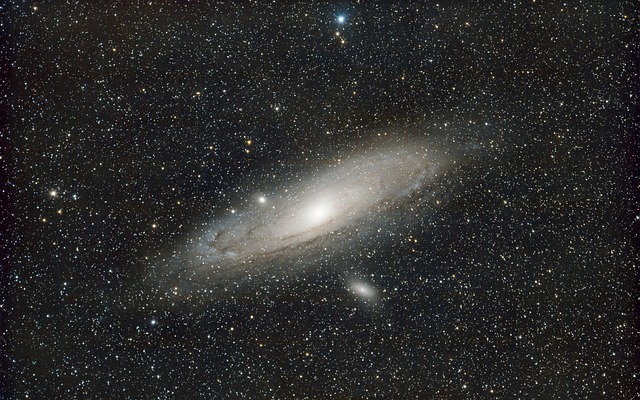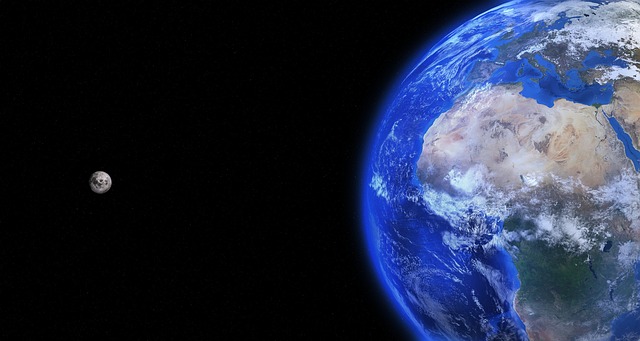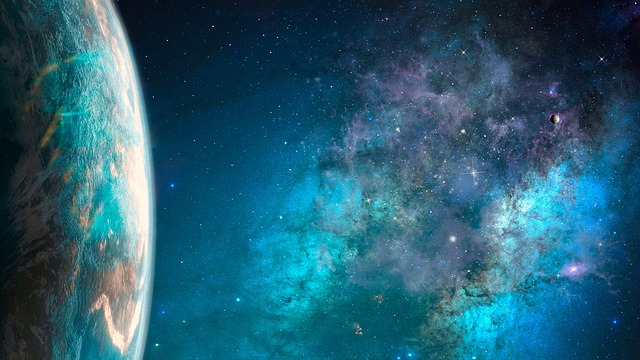Stephen Hawking was a British cosmologist, theoretical physicist, and author. He was regarded by many people as among the most brilliant scientific minds of our era. At the age of 21, he was diagnosed with amyotrophic lateral sclerosis and given only a few years to live. Yet, he lived with the condition for over 50 years, eventually losing all muscle control. Despite his limitations, he went on to write many highly-regarded works, as well as teaching and lecturing around the globe. What did Hawking think about the idea of god, though?
Stephen Hawking’s Thoughts On God

Hawking sometimes referred to god in a metaphorical sense in his earlier works, but by his final book, he no longer minced his words. In the book Brief Answers to the Big Questions, Hawking simply stated, “There is no God.” He feels that no one created the universe, nor does anyone control our fate. For Hawking, it was important that we learn to appreciate the universe’s grand design, as there was likely no heaven or afterlife, either. In earlier works such as A Brief History of Time (1988), he had spoken of god in a poetic way to describe understanding the universe using physics. In this case, he referred to it as “knowing the mind of god.”
From Metaphor to a Firmer Stance

Even when using the word god to define the laws of nature, though, Stephen Hawking stressed that it wasn’t a deity. However, by the time he wrote The Grand Design (2010), his language left no room for misinterpretation. In the book, he wrote that “because there is a law such as gravity, the universe can and will create itself from nothing.” So, over time, he ceased using any symbolic language with religious overtones to language rooted in science and evidence.
Read More: Stephen Hawking’s Doomsday Warning is Coming Faster Than We Thought
The Laws of Nature

For Stephen Hawking, the laws of physics stood on their own and did not require a god to exist or function. For him, certain scientific laws are always obeyed, despite whether you think of them as god’s work or science. “If you like, you can say the laws are the work of God, but that is more a definition of God than a proof of his existence,” he once said. He elaborated on this point in Brief Answers to the Big Questions, stating that these laws of nature aren’t only obeyed, they are all that is required. The concept of spontaneous creation requires no divine spark to initiate existence.
Stephen Hawking’s Thoughts About a Personal God and the Afterlife

Stephen Hawking did not believe in the idea of a personal god, the type that responds to prayers, controls events, or judges his creation. It wouldn’t be a deity you could meet in person and ask questions. For hawking, science works through logic and facts, not divine power or faith. Likewise, he felt that heaven was “a fairy tale for people afraid of the dark.” In his view, our brains are like computers, and when the hardware fails, our consciousness fades and disappears. This means that in his view, no soul entered the afterlife upon death.
Occam’s Razor

Stephen Hawking’s position matches that of the idea of Occam’s Razor. In other words, the simplest explanation that requires the fewest assumptions is usually correct. For him, attributing our universe to the laws of nature without bringing supernatural agents into it is the most straightforward path. As he once put it in his own words, “We are each free to believe what we want, and it’s my view that the simplest explanation is there is no God”. While he may not have been religious, he still emphasized immense gratitude and appreciation for life’s grand design. As he stated in Brief Answers to the Big Questions, “look up at the stars and not down at your feet”.
Read More: Harvard Scientist Unveils Formula He Believes ‘Proves the Existence of God’

